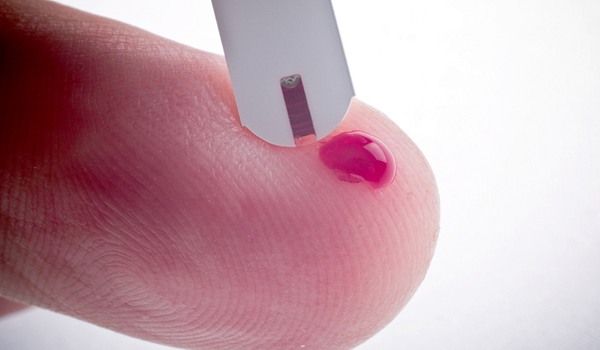A Trip to the Dentist May Identify Diabetes

Dentists can help identify patients with diabetes or prediabetes who don't know they have the disease, a new study suggests.
Evaluating the number of missing teeth and the percentage of deep periodontal pockets, or abnormal openings between the tooth and gums, the researchers dentists from Columbia University College of Dental Medicine were able to correctly identify 73 percent of cases of diabetes and prediabetes . When the researchers also considered the results of a blood sugar test, the accuracy increased to 92 percent, the researchers say.
About 26 million Americans have diabetes , and 79 million have prediabetes, or abnormally high blood sugar levels, according to the Centers for Disease Control and Prevention (CDC). More than 7 million of those with diabetes don't know they have it, the CDC says.
"Early recognition of diabetes has been the focus of efforts from medical and public health colleagues for years, as early treatment of affected individuals can limit the development of many serious complications," said study researcher Evanthia Lalla, an associate professor at the College of Dental Medicine. "Our findings provide a simple approach [to identify diabetes] that can be easily used in all dental care settings."
Periodontal disease, or chronic inflammation and infection of the gums , is an early complication of diabetes. Since about 70 percent of U.S. adults see a dentist once a year, the researchers figured dental visits might be a good opportunity to catch undiagnosed diabetics and prediabetics.
The researchers recruited about 600 people ages 30 and over visiting a dental clinic in Manhattan who had never been diagnosed with diabetes or prediabetes.
About 530 patients said they had at least one diabetes risk factor, including family history of diabetes, high cholesterol, high blood pressure or were overweight or obese. These subjects received a periodontal examination and a blood test called the hemoglobin A1c test, which measures the average amount of sugar in the blood over several weeks and is commonly used to diagnose diabetes.
Sign up for the Live Science daily newsletter now
Get the world’s most fascinating discoveries delivered straight to your inbox.
Based on these three measures, the researchers developed a protocol for identifying patients with diabetes or pre-diabetes.
In order for the researchers to confirm the accuracy of their protocol, subjects also returned for another blood test that measured fasting plasma glucose to confirm whether or not they had diabetes or pre-diabetes.
Since the results are based on patients in one particular geographic area, the researchers say more research is needed to validate the findings in a larger, more diverse population.
The findings suggest "using a simple screening approach, which includes oral/periodontal findings, have an unrealized capability to assume an active role in identifying patients at risk for, or impacted by, diabetes, and to direct them to receive appropriate care," the researchers wrote in the July issue of the Journal of Dental Research.
Pass it on: A trip to the dentist may help diagnose diabetes or prediabetes.
- Lose Weight Smartly: 7 Little-Known Tricks That Shave Pounds
- 5 Diets That Fight Diseases
- Bad Gums Linked to Erectile Dysfunction
Follow MyHealthNewsDaily on Twitter @MyHealth_MHND.











